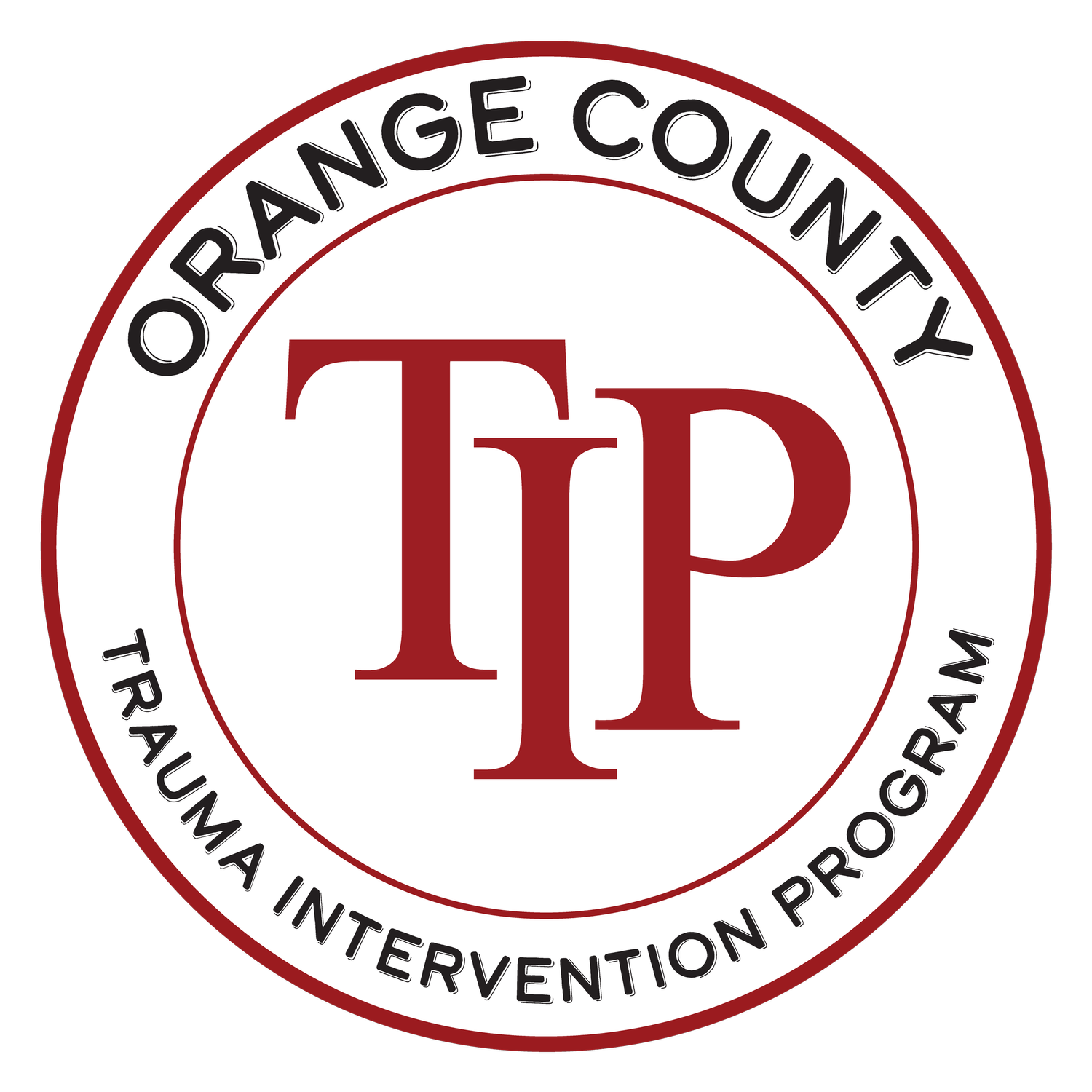Emotional First Aid
How to Help the Emotionally Injured After a Tragedy Strikes
A set of life skills used by lay people and emergency responders to provide the support a person who is emotionally shocked needs immediately following a crisis event.
-
Don't Overlook the Quiet Survivors
Survivors after a tragic event are stunned and may even appear unaffected. Remember that a variety of people can be touched by a tragic event but might be overlooked - witnesses, rescuers and children. Don't forget these ‘invisible’ survivors. When you suspect someone is affected by a tragic event, reach out with ‘Caring Curiosity’ - How are you?
-
Reach Out
Reach Out Physically:
• Position yourself at the survivor’s side and at his level.
• Touch; unless the survivor pulls away.
• Use a soft voice - Use the survivor's name.
Reach Out Emotionally:
• Ask the survivor how they are feeling.
• Acknowledge the survivor's experience.
• Don't minimize the survivor's experience (by saying "You'll be O.K."). -
Protect
Protect the survivor from making impulsive decisions. Most major decisions can wait until the survivor is thinking clearly.
• Protect survivors from being victimized by others who may not have the best interest of the person in mind.
• Provide for the person’s physical needs - food, medicine, safe place. -
Reassure
Many people have an urgent need for information after a tragic event; "What happened?" and "Why?".
• Assist in getting the information they need. The survivor may need an Information Advocate.
• Survivors often blame themselves for the crisis event. Help a person that feels guilty gain perspective by asking them to tell you the "whole story".
• Try to gently point out what they did right before, during, or after the tragic event. -
Organize
People often feel paralyzed after a tragic event and can lose their capacity to deal with all the new demands created by the tragedy.
• Assist the person to develop a simple plan.
• Suggest: "Let's focus on what needs to be done now." -
Reinforce
Reinforce the actions that the person is taking or wants to take to emotionally survive the tragic event. The survivor will struggle to find something or someone to hold onto almost immediately. You may need to "clear the way" so the person is able to do what they desire.
• Do not "over care" or do too much.
• Remember that the primary psychological challenge for the traumatized person is to regain a sense of control. Therefore, the person should be encouraged to make decisions and take action on their own behalf.
Finally…
A broken heart cannot "be fixed." Don't try! A caring presence is what you can offer to someone who is emotionally devastated. Just being there is very powerful and will be experienced by the survivor as very helpful.
In the first few hours after a tragic event, the survivor is often surrounded by people who have "a job to do" or who have opinions about what the survivor should or shouldn't do. The primary goal of the person providing Emotional First Aid is to enable the survivor to act according to their wishes, values and beliefs; and not according to what others think should be done.

